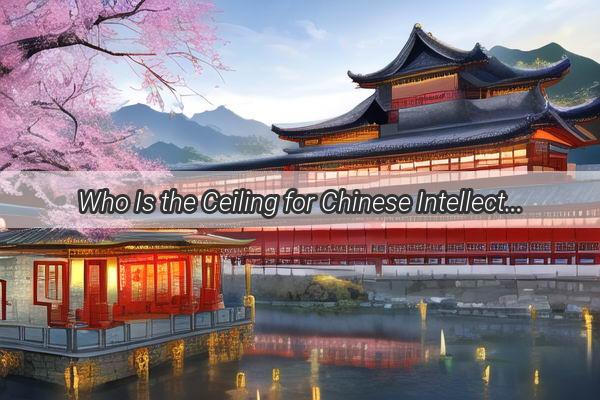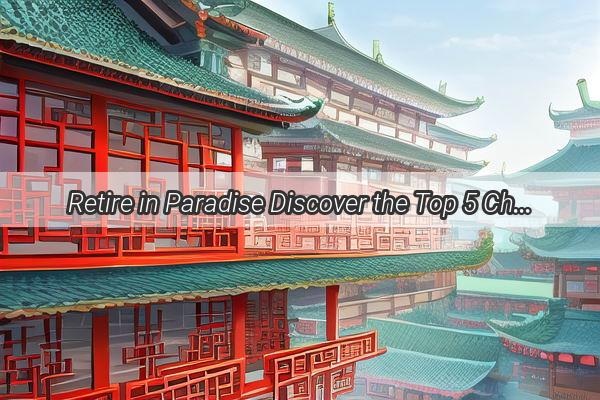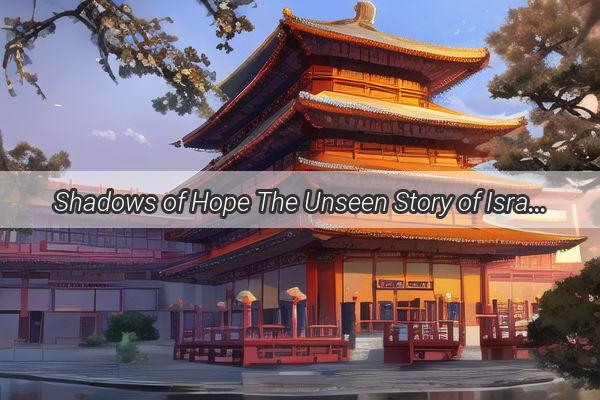Who Is the Ceiling for Chinese Intellectuals A Pioneering Perspective on Cultural Heights
---
In the rich tapestry of Chinese intellectual history, the concept of a ceiling has often been a subject of intrigue and debate. This article delves into the enigmatic figure that has come to symbolize the pinnacle of achievement for Chinese scholars and thinkers, a figure who has inspired and challenged generations with their brilliance and foresight.
The Enigmatic Ceiling: A Cultural Enigma
The notion of a ceiling in the context of Chinese culture refers to the perceived limit of intellectual and creative achievement. It is a metaphorical barrier that many aspire to break through, a symbol of the ultimate accomplishment that defines the trajectory of a scholar's life. But who, precisely, is this enigmatic ceiling?
Some argue that it is Confucius, the sage who laid the foundation for Confucianism and whose teachings have shaped Chinese society for millennia. His philosophy of ren (humaneness) and yi (righteousness) continues to resonate with scholars and thinkers alike, making him a benchmark for wisdom and moral integrity.
Others believe it is Laozi, the legendary founder of Taoism, whose teachings on the Tao (the Way) and the importance of living in harmony with nature have provided a guiding light for those seeking spiritual enlightenment.
Then there are those who point to the towering figure of Sun Yat-sen, the Father of Modern China, who not only revolutionized the political landscape but also inspired a generation of intellectuals with his vision of a democratic and united China.
Breaking the Ceiling: The Legacy of Great Thinkers
Each of these figures has left an indelible mark on Chinese intellectual history, and their legacies serve as a testament to the potential of breaking through the cultural ceiling.
Confucius, with his emphasis on moral education and social harmony, encourages scholars to strive for excellence in both personal and public life. His teachings serve as a reminder that intellectual achievement is not just about knowledge, but about the application of that knowledge to better society.
Laozi's Taoism, on the other hand, encourages a more introspective and holistic approach to life, urging thinkers to look beyond the material world and seek a deeper understanding of the universe. This perspective challenges the notion that the ceiling is solely a product of external circumstances, suggesting that true enlightenment lies within the individual.
Sun Yat-sen's revolutionary spirit and unwavering commitment to the cause of national unity and democracy have inspired countless Chinese intellectuals to pursue their dreams with courage and determination. His legacy suggests that the ceiling can be broken through the collective effort of a nation, as long as the will to do so exists.
The Modern Ceiling: A New Frontier
In the modern era, the ceiling for Chinese intellectuals has evolved to encompass a broader range of achievements. It is no longer just about philosophical or political prowess, but also about technological innovation, scientific breakthroughs, and cultural contributions.
Figures like Wu Yuzhang, a prominent scientist who made significant contributions to the field of atomic physics, and Wang Mangsheng, a renowned literary critic and translator, have demonstrated that the ceiling can be transcended through interdisciplinary excellence and global perspectives.

The modern ceiling, therefore, is not a fixed entity but a dynamic one, constantly shifting and expanding as new ideas and discoveries emerge. It challenges Chinese intellectuals to not only excel within their fields but also to engage with the world and contribute to the global intellectual discourse.
Conclusion
As Chinese intellectuals continue to grapple with the concept of a cultural ceiling, the legacy of figures like Confucius, Laozi, and Sun Yat-sen serves as a powerful reminder of the potential for growth and achievement. Whether the ceiling is a product of historical precedent or personal ambition, the pursuit of knowledge and excellence remains a timeless endeavor. In the spirit of these great thinkers, Chinese intellectuals are encouraged to break through the ceiling, not just for the sake of personal glory, but for the betterment of society and the advancement of human civilization.









